Growing stinging nettles... stratifying seeds, etc.
gardningscomplicated
14 years ago
Related Stories
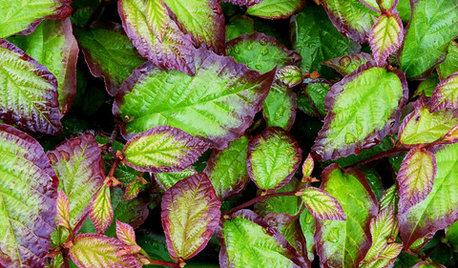
GARDENING GUIDES7 New Plants to Grow for Beautiful Foliage
Add color, structure and interest to your garden with these recently introduced plants that sport exceptional foliage
Full Story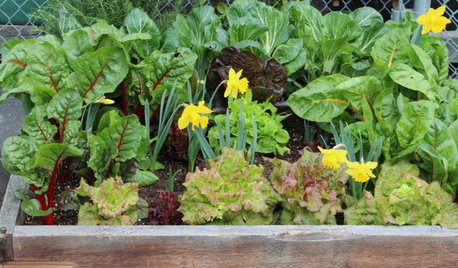
FARM YOUR YARDGrow a Kitchen Garden in 16 Square Feet
Got a sunny 4-by-4 space? You can make meals more interesting with your own vegetables and herbs
Full Story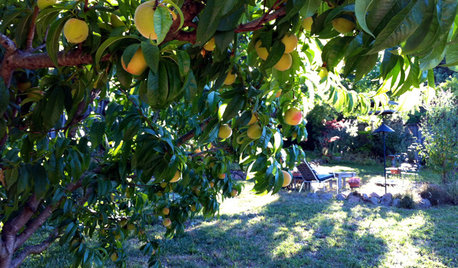
EDIBLE GARDENSHow to Grow Your Own Peaches and Nectarines
Make gardening a little sweeter with these juicy fruits, which you can eat after plucking or preserve for later
Full Story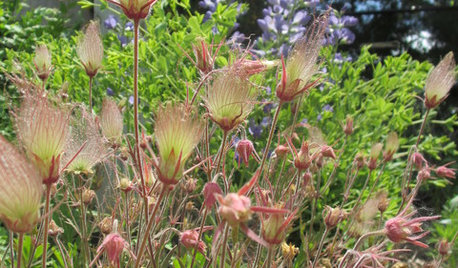
GARDENING GUIDESGreat Design Plant: Geum Triflorum
Nodding red blooms, glittery effervescent seed heads and a tough-as-nails constitution make prairie smoke a winning ground cover
Full Story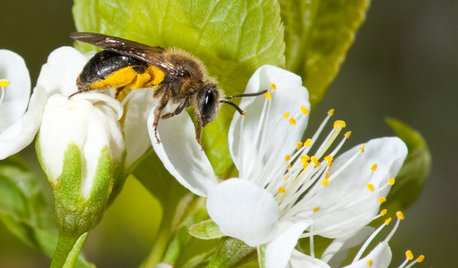
GARDENING GUIDESInvite Mining Bees to Your Garden by Planting Their Favorite Plants
Look for mining bees (Andrena) pollinating woodland wildflowers in U.S. gardens this spring
Full Story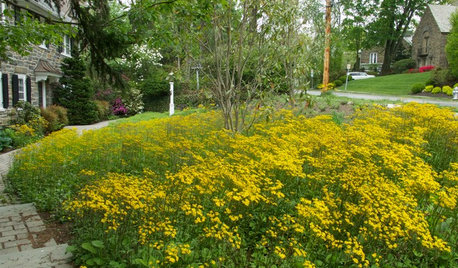
GARDENING GUIDESPackera Aurea Puts On a Springtime Show in Sun or Shade
This vigorous native ground cover welcomes bees with its early-blooming flowers and makes an attractive lawn alternative
Full Story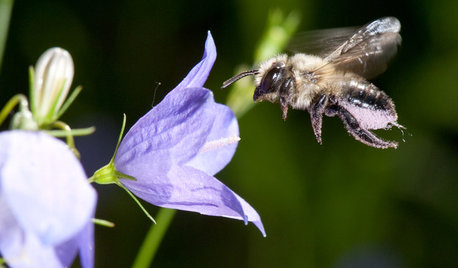
GARDENING GUIDESPut Out the Welcome Mat for Leafcutter Bees in Your Garden
Provide a diversity of flowering plants from spring through fall for these charismatic native bees, and you won’t be disappointed
Full Story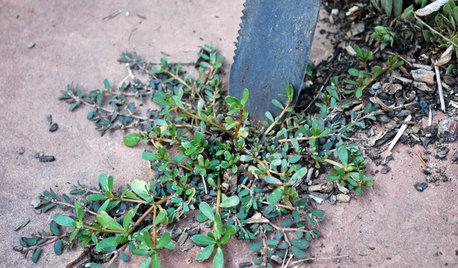
GARDENING GUIDES5 Ways to Naturally Win the Weed War
Show irksome weeds no mercy with these tricks for combating them sans chemicals
Full Story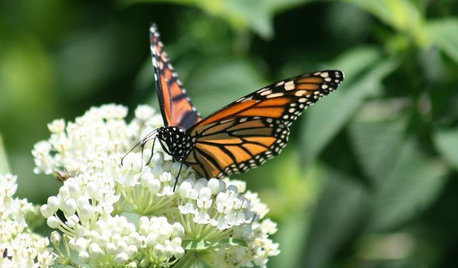
GARDENING FOR BUTTERFLIESBe a Butterfly Savior — Garden for the Monarchs
Keep hope, beauty and kindness alive in the landscape by providing a refuge for these threatened enchanters
Full Story
EDIBLE GARDENSGarden BFFs? Why Your Vegetables Are Begging for Companion Plants
Foster friendships among plants for protection from pests, pollination support and color camaraderie
Full Story





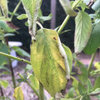
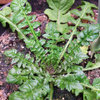
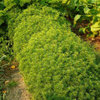
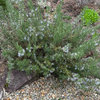
flora_uk
gardningscomplicatedOriginal Author
Related Professionals
Ballenger Creek Landscape Architects & Landscape Designers · Saint Matthews Landscape Architects & Landscape Designers · South Elgin Landscape Architects & Landscape Designers · Southfield Landscape Architects & Landscape Designers · Battle Ground Landscape Contractors · Conroe Landscape Contractors · East Chicago Landscape Contractors · East Hanover Landscape Contractors · Lemay Landscape Contractors · Pompton Lakes Landscape Contractors · Pueblo West Landscape Contractors · Richmond Landscape Contractors · South Lyon Landscape Contractors · South Portland Landscape Contractors · Tehachapi Landscape ContractorsDaisyduckworth
gardningscomplicatedOriginal Author
cyrus_gardner
Daisyduckworth
fatamorgana2121
luckynes13
gardningscomplicatedOriginal Author
fatamorgana2121
rockguy
cyrus_gardner
gardningscomplicatedOriginal Author
cyrus_gardner
weedlady
gardningscomplicatedOriginal Author
fatamorgana2121
flora_uk
gardningscomplicatedOriginal Author
flora_uk
fatamorgana2121
theloud
wold
flora_uk
planatus
fatamorgana2121
Drobin4569_aol_com
linda_tx8
enterpriseroof_aol_com
Merlilannie
linda_tx8
flora_uk
fatamorgana2121
batyabeth
linda_tx8
pas3_verizon_net
fatamorgana2121
osteomike
albertine
annakiledj
annakiledj
zzackey
fatamorgana2121
zzackey
florauk
zzackey
fatamorgana2121
zzackey
nikie p